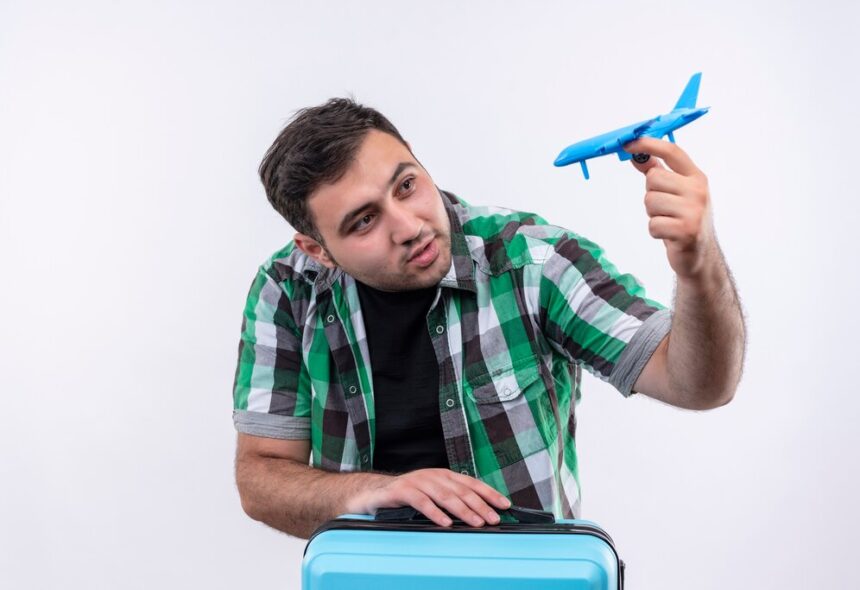Jet lag is a common yet disruptive challenge faced by travelers crossing multiple time zones. This condition occurs when your body’s internal clock, or circadian rhythm, is out of sync with the local time at your destination. Whether you’re a frequent business traveler or an eager tourist, overcoming jet lag is crucial to making the most of your trip. Here’s how you can combat this condition and enjoy a smoother transition to your destination.
Understand the Science Behind Jet Lag
Overcoming jet lag starts with understanding its root cause: the misalignment of your body’s internal clock with the local time zone. This misalignment leads to fatigue, difficulty sleeping, and overall discomfort. According to a study by the National Sleep Foundation, jet lag symptoms can last up to a few days depending on the number of time zones crossed. The more time zones you cross, the greater the chances of experiencing more severe jet lag.
Gradually Adjust Your Sleep Schedule
One of the most effective ways to start overcoming jet lag is to adjust your sleep schedule before you even leave. Try shifting your sleeping and waking times by an hour or two a few days before your flight to match your destination’s time zone. This gradual adjustment can help ease your body into a new rhythm, minimizing the impact of jet lag. A study published in the Journal of Travel Medicine found that gradual adaptation significantly reduces the severity of jet lag in long-haul travelers.
Stay Hydrated and Avoid Alcohol
Dehydration can exacerbate the symptoms of jet lag, so staying hydrated during your flight is key. Aim to drink plenty of water and avoid caffeinated and alcoholic beverages, as they can lead to dehydration and disturb your sleep patterns. The International Air Transport Association (IATA) suggests drinking at least 8 oz of water every hour during long-haul flights to maintain optimal hydration.
Embrace Natural Light Upon Arrival
Exposure to natural sunlight is one of the most effective ways to reset your internal clock. As soon as you arrive at your destination, try to get outside during daylight hours. Sunlight helps regulate your circadian rhythm, signaling to your body that it’s time to be awake. Research shows that even 30 minutes of sunlight exposure in the morning can significantly reduce symptoms of jet lag and improve sleep quality at night.
Melatonin Supplements: A Natural Sleep Aid
Melatonin, a hormone that regulates sleep, can help ease the transition when overcoming jet lag. It’s available as an over-the-counter supplement and can be taken to help your body adjust to the new time zone. According to a study by the Mayo Clinic, taking melatonin supplements 30 minutes before bedtime can promote better sleep and alleviate jet lag symptoms. However, it’s important to consult with a healthcare professional before using melatonin, especially if you have pre-existing health conditions.
Stay Active and Keep Moving
Physical activity can also help in overcoming jet lag. Engaging in light exercise, such as walking or stretching, can boost your energy levels, improve circulation, and combat the fatigue associated with long flights. Studies show that moderate exercise can reduce sleep disturbances and enhance overall alertness when traveling across multiple time zones.
Eat Light and Healthy Meals
What you eat plays a significant role in how quickly your body can adapt to a new time zone. Opt for light meals that are rich in proteins, fruits, and vegetables. Avoid heavy, greasy foods that may disrupt digestion and sleep. Eating at appropriate times according to the new time zone can also help your body adjust more quickly. Research published in the Journal of Clinical Sleep Medicine found that eating at the right times significantly contributes to overcoming jet lag.
Conclusion
Overcoming jet lag requires a combination of preparation, discipline, and self-care. By adjusting your sleep schedule, staying hydrated, embracing natural light, and using supplements like melatonin, you can reduce the severity of jet lag and enjoy your trip to the fullest. With a bit of planning, you’ll be able to combat jet lag effectively, allowing you to explore new destinations with energy and enthusiasm. Remember, your body needs time to adjust, but with the right strategies in place, the transition can be smoother and more enjoyable. Safe travels!







